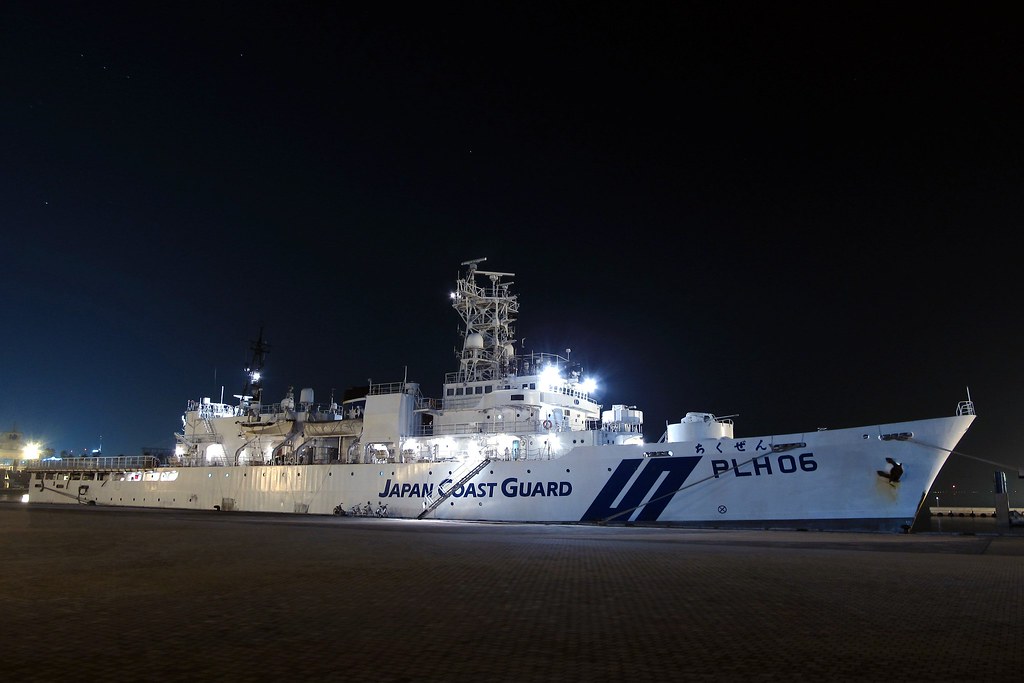 |
| Image: tsuna72 via Flickr |
By Clint Richards
Sea lane security and new partners are key to protecting Japan’s far-flung assets.
Part of Japan’s new push to normalize its military stems from a long-term imperative to ensure its sea lines of communication (SLOC) and to protect its deepening interests in Southeast Asia and the greater Indian Ocean. Recent investments and partnerships show how Japan sees this interaction unfolding. While the U.S. has been Japan’s (and indeed the world’s) guarantor of blue water navigation and access since the end of the Cold War, some nations now question its long-term commitment and ability to fulfill that role. Even as Japan seeks to draw itself closer to the U.S. within their alliance, it is looking for new regional partners to not only generate economic growth (which will continue to stagnate domestically as the population declines), but also to protect Japanese trade and energy imports through waters that are increasingly contested with China.
While The Diplomat has noted Japan’s latest moves to build security relationships in Southeast Asia with countries like Australia, the Philippines and Vietnam, mainly through the sale of military hardware and technology, it is also attempting to do the same in the Indian Ocean. During Indian Prime Minister Narendra Modi’s visit to Japan next week, the two leaders are expected to strengthen their security relationship by signing a “two-plus-two” mechanism to ensure regular meetings between their foreign and defense secretaries. The two will also likely sign deals for sea lane cooperation, joint navy drills, and the sale of Japanese hardware like the US-2 amphibious aircraft.
On Tuesday the Nikkei reported that Japan plans to offer aid for maritime security to Sri Lanka during Prime Minister Shinzo Abe’s visit next month. This strategy is mainly intended to counter China’s already large investments in the country and elsewhere in the region, particularly in infrastructure like ports. Japan plans to offer advisors to Sri Lanka’s coast guard as well as making assessments about the possible supply of patrol ships at a later date. A friendly Sri Lanka could help protect future Japanese natural gas imports from Mozambique once they come online, as well as mineral exports from central and eastern Africa.
Read the full story at The Diplomat
